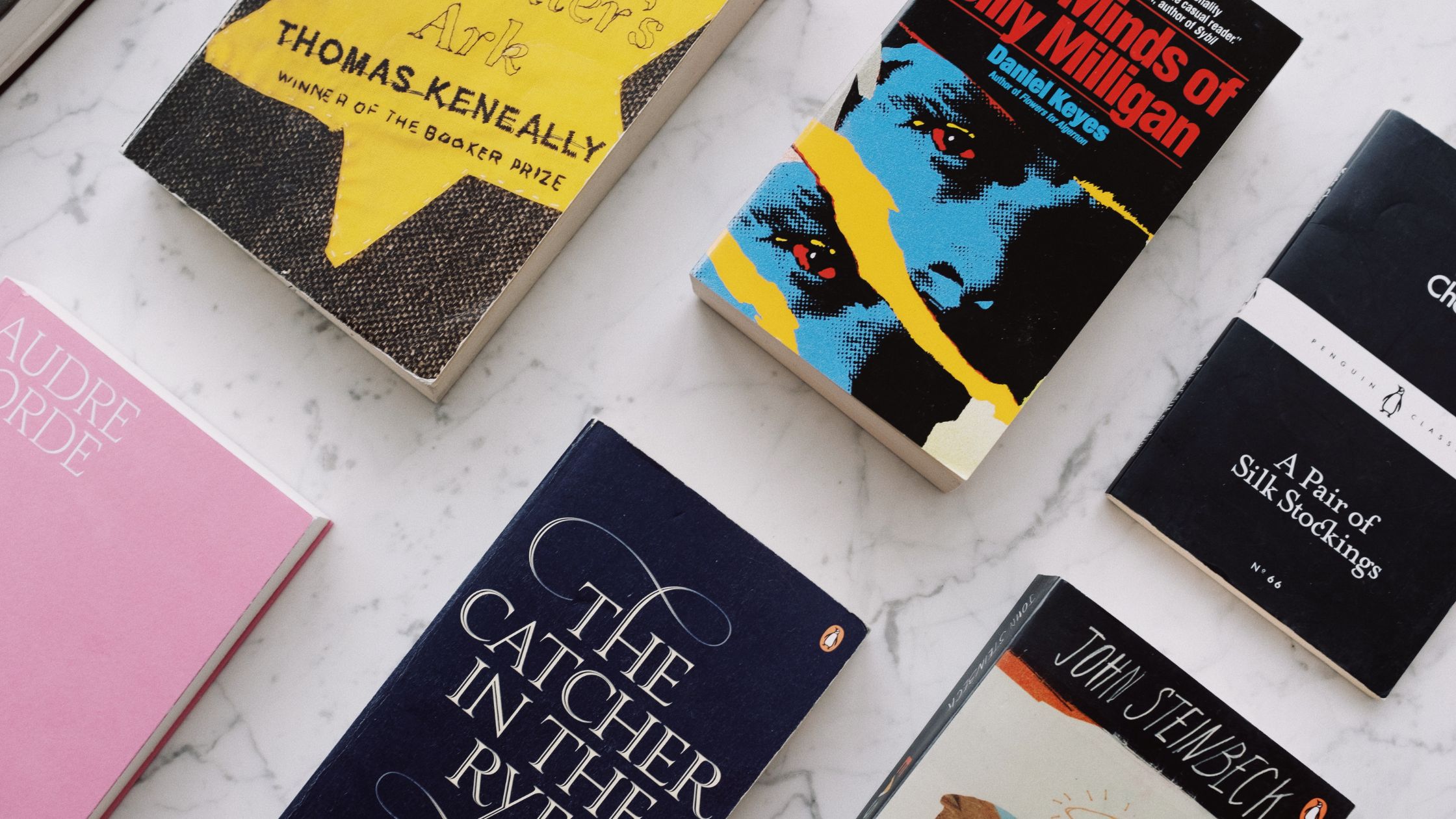
Now being a humanities major, I have to honestly yet shamefully admit that at some point in my life, I did not find reading books enjoyable.
During my primary school period, there would be kids in my class who read for pure entertainment, skimming two books a week, and then there’s me, who got all the fun out of late-night soccer games and dramas to keep track of the boys who are in love with the little ten-year-old me. Books never impressed me, especially when our class started to read one of the “four most wondrous classical novels”—Journey to the West. The sophisticated, archaic Chinese literature turned a highly-anticipated fantasy into a dull and boring reading assignment. Unlike most of my classmates, I never got through the first five chapters of the book.
Later on, in the years of middle school and early high school, my entertainment switched to the heavy uptake of social media. In hindsight, the more I scrolled through the infinite For-You page, the more energy was draining in my sanity and knowledge. Fortunately, my redemption in the relationship with books dawned upon me as I entered Mrs. Zoetewey’s Creative Writing class in my sophomore year of high school.
One time after a lecture, I lingered around the classroom and asked Mrs. Zoetewey how often she read. Exactly how and where I got the will to ask such a question is unfathomable, but it was undoubtedly life-changing. In the consequent conversation, she recommended to me one of her all-time favorite books—The Book Thief, and spoke with a delightful smile, “You are going to be surprised.”
In that book, the narrator is the omnipotent Death, the deity who invites humans to end. Pessimistic and gloomy, he is constantly “hunted” by the dark sides of human nature that surround the concentration camps during WWII. Mimicking humans, Death seeks to give meaning to his work, and collecting stories of courageous humans during times of horror kept him going in facing grim realities. Leisel, nicknamed by Death as “the book thief”, is orphaned during the war and finds the strength to carry on life from books. They two develop an unusual but meaningful connection and learn from each other. However, towards the end of book, he has to escort her to the afterlife.
The Book Thief successively became a cache of my falling tears, and to me, that was strangely unprecedented. I never knew the playfulness of words on an inert paper could evoke such lively emotions in my whole being. With the elaborate sentence structures woven with purposefully placed words, wordsmith Markus Zusak disquieted, excited, angered, and delighted me in every part of the book. Henceforward, I realized that books could truly transform my life with intricate thoughts and touching emotions. It brought me to the awakening of the power of words and the mastery of creatively constructing them.
Today, books have become an essential part of my existence as I developed a habit of reading at least one book per month. Living in the era of information where fragmented pieces of information are constantly thrusting into my thoughts, I learned to prioritize holistic reading over fragmented information uptake. Because I believe that books are treasured nourishments one cannot find on Instagram or YouTube. They are great minds that one might not have the chance to meet in a lifetime. Books are my resources of wealth, for many times, it has reborn me into lives I can’t imagine living and granted me inspiring masterclasses with the greatest intellects of my time and before.
–Lehan Zhang
Write and Win: Participate in Creative writing Contest & International Essay Contest and win fabulous prizes.


